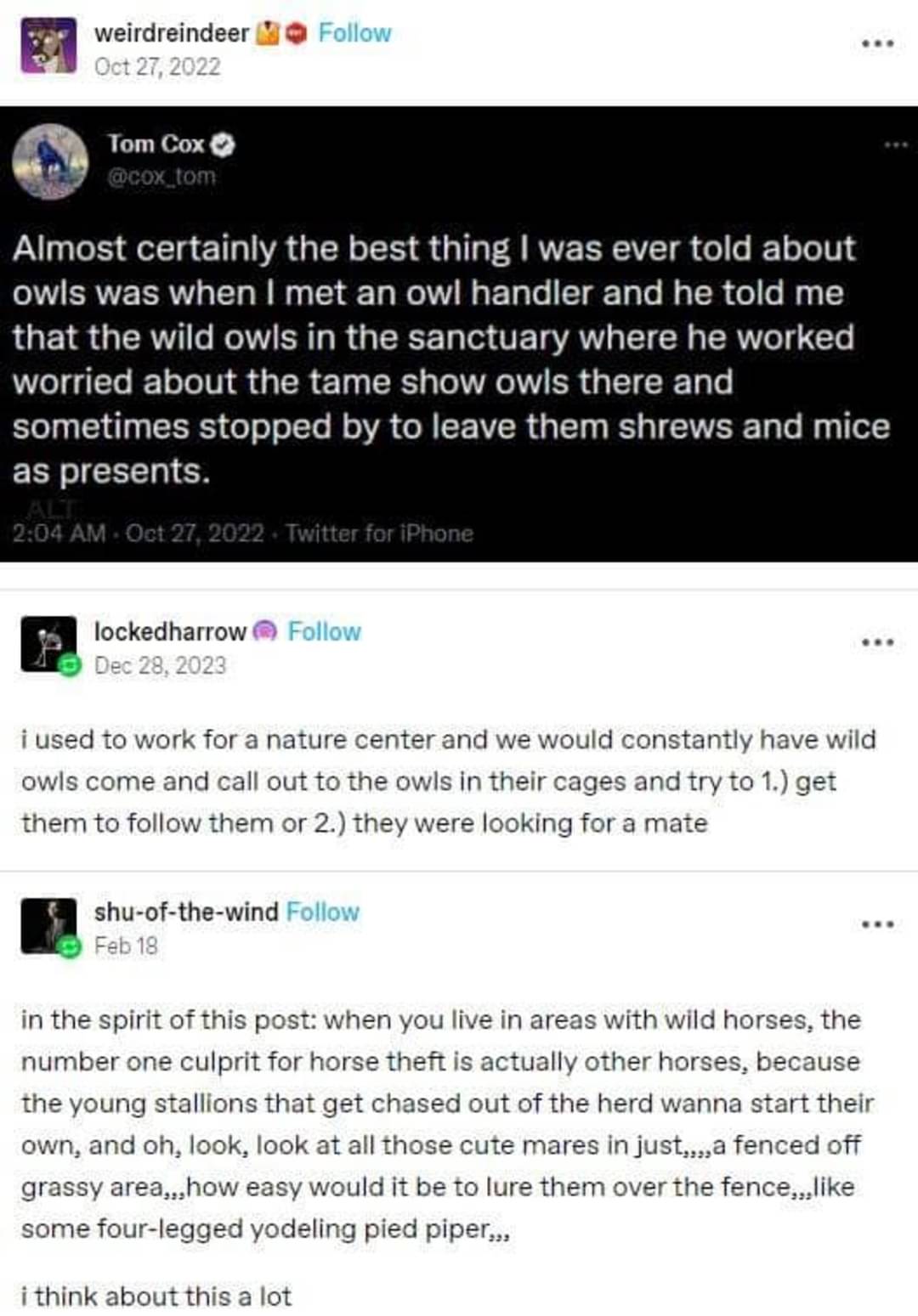this post was submitted on 13 Aug 2024
606 points (99.2% liked)
Science Memes
11408 readers
1989 users here now
Welcome to c/science_memes @ Mander.xyz!
A place for majestic STEMLORD peacocking, as well as memes about the realities of working in a lab.

Rules
- Don't throw mud. Behave like an intellectual and remember the human.
- Keep it rooted (on topic).
- No spam.
- Infographics welcome, get schooled.
This is a science community. We use the Dawkins definition of meme.
Research Committee
Other Mander Communities
Science and Research
Biology and Life Sciences
- [email protected]
- [email protected]
- [email protected]
- [email protected]
- [email protected]
- [email protected]
- [email protected]
- [email protected]
- [email protected]
- [email protected]
- [email protected]
- [email protected]
- [email protected]
- [email protected]
- [email protected]
- [email protected]
- [email protected]
- [email protected]
- [email protected]
- [email protected]
- [email protected]
- [email protected]
- [email protected]
- [email protected]
- !reptiles and [email protected]
Physical Sciences
- [email protected]
- [email protected]
- [email protected]
- [email protected]
- [email protected]
- [email protected]
- [email protected]
- [email protected]
- [email protected]
Humanities and Social Sciences
Practical and Applied Sciences
- !exercise-and [email protected]
- [email protected]
- !self [email protected]
- [email protected]
- [email protected]
- [email protected]
Memes
Miscellaneous
founded 2 years ago
MODERATORS
you are viewing a single comment's thread
view the rest of the comments
view the rest of the comments

We cannot deny for one moment that animals think, understand, plan, and navigate the world just as humans do.
They just can’t use language as much as we can*, & mostly aren’t as big as us. But they’re way smarter than we’ve been taught , as every farmer in history would tell you.
And a lot of modern scientists. One cognitive science PhD met once said: the closer we look, the more we see non-human animals doing things we used to think only humans did. Tiny animals, she meant. Snails. Mites. Bacteria.
*can’t use language as much as we can: AS FAR AS WE CAN CURRENTLY TELL. Which isn’t all that much tbh
Me, I think birds are already there, full nouns & verbs. And I highly suspect insects have language systems too. I don’t mean some loose definition like like ants and chemical markers, or emotional expressions.
I mean what linguists mean: units of expression- sound (hand shapes, in signed langs) which recombine to signify different things, in a productive way, allowing for level upon level of transmission of thoughts. It’s a high bar to qualify as human language. And I think probably some nonhuman animals have it, and we’re just not listening closely enough.
But the closer we look.
(And yes there’s a Ted Chiang story about this)
Large parrots are in fact as smart as a toddler. African Greys, apparently, can memorize human language words (just the sound, no grammar or anything complex like that) and apply them to identify objects, colors and materials - even to objects they see for the first time!
And even smaller birds like budgies usually know the sound of their own name and can even assign "names" in form of sound sequences to other birds and humans they live with. You wouldn't think they have enough brain size for that, but somehow they do
My cat 100% has a name for every human he meets, and he can even say those names in higher or lower registers (and volumes) depending on how he's addressing that person.
I tell people this, and they think I'm insane. I even point out the sound that means that specific person's name, and they don't bother to learn it!
Temba, his arms wide.
DNA is language, my dude. it's like programming code.
interesting thought …I’m curious - who would be talking to who, in this framing of the idea ?
well it's more like a script, a book or library basically. It's not so much the transport of information, but the storage of information.
Ah, ok. Yeah I think that’s different. Like the periodic table would also be that structure, but not in the concept of language
I am interested in taking ideas from historical costuming and applying them to modern garments ("history bounding") and something that keeps jumping out at me is how smart people in the past were, especially regular, working people. In modern times, people tend to act like people were stupid just because modern medicine and science didn't exist, but if you study enough to understand some of the reality of historical people's lives, there are some really nifty solutions. It makes me think a lot about "intelligence", and how limited our understanding of it is if we are so unable to think of pre-modern people as intelligent.
That's a big tangent to your comment, but it's ultimately heading in the same direction. I'm also jazzed to see cognitive science continue to increase its understanding of non-human intelligence; it's really cool to see what we can discover when we stop projecting ourselves so hard onto other creatures.